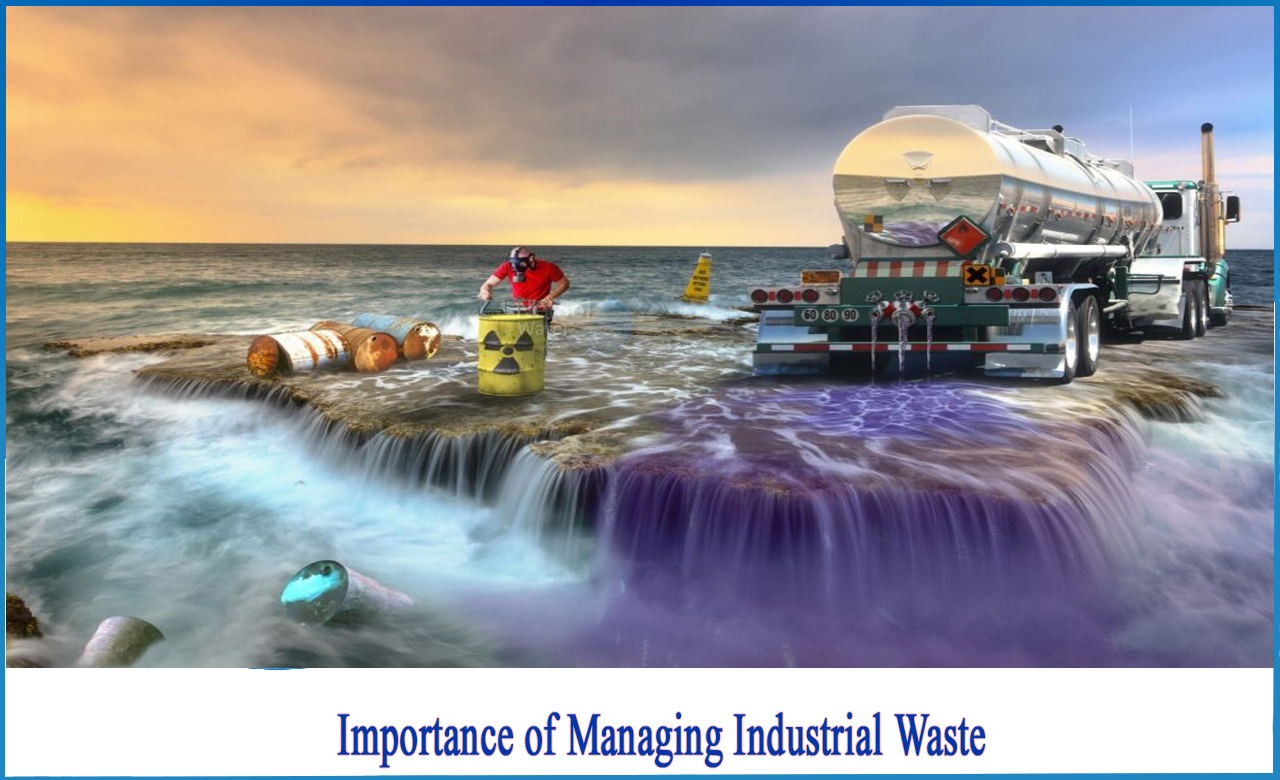What Does Reclaim Waste Mean?
What Does Reclaim Waste Mean?
Blog Article
Getting My Reclaim Waste To Work
Table of ContentsReclaim Waste Can Be Fun For AnyoneGetting My Reclaim Waste To WorkHow Reclaim Waste can Save You Time, Stress, and Money.The 8-Second Trick For Reclaim WasteThe 10-Second Trick For Reclaim Waste
Domestic sewer waste refers to the waste and items from a household septic container. The correct management and disposal of domestic sewage waste call for liquid waste to be transferred to a sewer therapy plant where the correct methods and tools are used to cleanse and dispose of waste.
Commercial waste often includes possible hazards, such as flammable materials or a mixture of liquid and solid waste items, and needs a much more sophisticated and in-depth disposal process. The disposal of business waste commonly entails the filtration of waste before transportation to make certain safe and proper disposal. Industrial waste is produced from results and drainage of industrial processes and production.
This sort of waste can not utilize the very same sewer administration transportation or procedures as septic or commercial fluids. The hazardous waste monitoring process calls for the inspection and screening of fluid waste before it undertakes the disposal procedure (liquid waste removal melbourne). Overflow waste is the liquid waste that comes from overflow and excess stormwater in extremely inhabited locations or cities
Drainage waste can trigger contamination and flooding if not taken care of correctly. Making sure correct waste management can avoid calamities and lower ecological injury.
Not known Details About Reclaim Waste
Contact PROS Services today to discover our waste management and disposal solutions and the appropriate methods to take care of the liquid waste you create.
(https://soundcloud.com/reclaimwaste1)
Do you recognize what takes place to your water when you end, purge the bathroom or drain pipes the washing machine? No? Well, it deserves knowing. This so-called 'wastewater' is not just a vital source yet, after therapy, will certainly be launched to our land, rivers or the ocean. Utilized water from bathrooms, showers, baths, kitchen area sinks, laundries and commercial procedures is called wastewater.

water utilized to cool down equipment or clean plant and equipment). Stormwater, a kind of wastewater, is runoff that moves from agricultural and urban areas such as roof coverings, parks, yards, roadways, courses and gutters right into stormwater drains pipes, after rainfall. Stormwater flows neglected directly to local creeks or rivers, at some point reaching the sea.
Some Known Facts About Reclaim Waste.
In Queensland, most wastewater is dealt with at sewer therapy plants. Wastewater is moved from residential or industrial sites via a system of drains and pump terminals, called sewage reticulation, to a sewage therapy plant. City governments develop, preserve and operate most sewer therapy plants. Operators are licensed under the Environmental Protection Act 1994 to discharge cured wastewater at an appropriate ecological standard into waterways.
The Division of Natural Resources advises local federal governments concerning managing, operating and keeping sewage systems and treatment plants. In unsewered locations, local governments may require homeowners to install individual or family sewage therapy systems to treat domestic wastewater from commodes, cooking areas, shower rooms and washings. The Department of Natural Resources authorizes using family systems when they are proven to be reliable.
A lot of useful content stormwater receives no therapy. In some new subdivisions, therapy of some stormwater to remove clutter, sand and crushed rock has begun utilizing gross pollutant traps. Wastewater treatment takes place in 4 stages: Eliminates solid issue. Bigger solids, such as plastics and other items wrongly discharged to sewers, are removed when wastewater is travelled through screens.
Wastewater after that moves right into huge tanks where solids resolve and are removed as sludge. Oil and scum are skimmed from the surface. Uses small living microorganisms recognizes as micro-organisms to damage down and eliminate staying dissolved wastes and great bits. Micro-organisms and wastes are incorporated in the sludge. Eliminates nitrogen and phosphorus nutrients that might trigger algal flowers in our rivers and endanger aquatic life.
The Reclaim Waste Statements
Nutrient elimination is not readily available at all sewage treatment plants since it requires expensive specialised equipment. It is becoming more usual in Queensland. Clear liquid effluent produced after therapy may still contain disease-causing micro-organisms. If this effluent is launched right into waterways such as rivers or the sea, the micro-organisms will ultimately die out.

This normally implies wastewater has to be treated or pollutants gotten rid of before it can be released to rivers. A lot of wastewater streams into the sewerage system. Under the Act, neighborhood federal governments administer approvals and permits for eco relevant activities (ERAs) including wastewater launches that might have a local impact. The department administers authorizations and licences to ERAs including wastewater releases that might have a local or statewide effect.
The Main Principles Of Reclaim Waste
Tracking provides valid information concerning water quality and can confirm that permit problems are being fulfilled. The info acquired with tracking offers the basis for making water quality choices.
Report this page